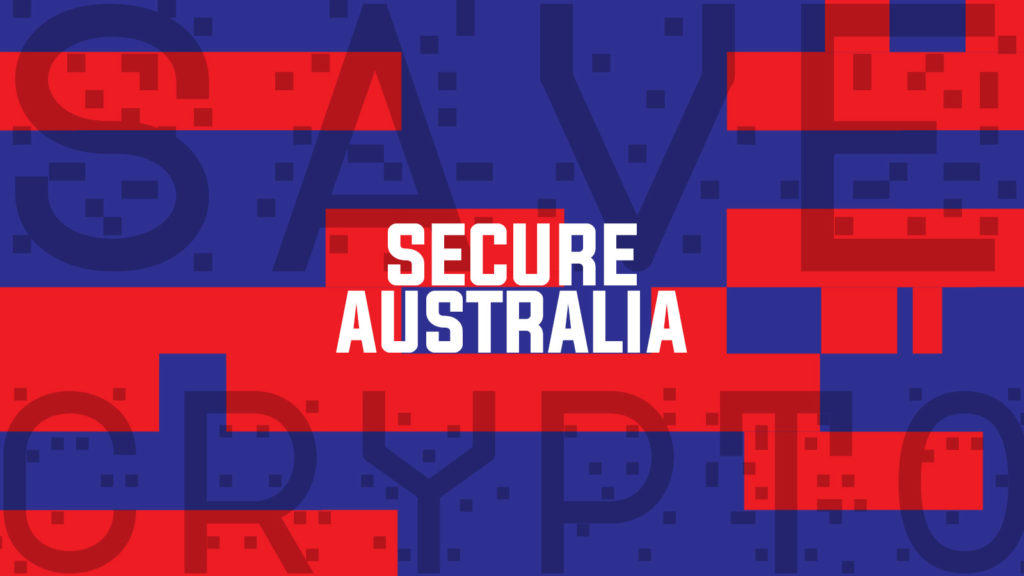Access Now and Digital Rights Watch have expressed deep concerns about attempts by members of the Five Eyes intelligence alliance to convince Facebook to abandon its plan to introduce end-to-end encryption in its messaging services.
“End-to-end encryption is like a lock on a door. It is a basic requirement for security in any form of online communication in the digital age,” said Tim Singleton Norton, Chair of Digital Rights Watch.
“People share all sorts of personal information using Facebook platforms like Messenger and WhatsApp, including things like credit card numbers for example. Unless these communications are encrypted, we run the risk of criminal hackers gaining access to this information.”
“The Australian Assistance and Access Act gives law enforcement the power to compel technology companies to break their own encrypted systems – without needing to obtain a warrant – setting a dangerous precedent that we are now unfortunately seeing replicated around the world. We implore Facebook to resist these over-reaches and breaches of basic human rights and provide their users with their right to private communication and best possible security online.”
“As Australia consults on its 2020 cybersecurity strategy, encryption should be prioritized as it gives us security and guarantees privacy in our online interactions. Without it, individuals face increased risks of identity theft, confidence in e-commerce is likely to drop, and it will lower sector standards for the protection of our data. By design, what the Australian government demands is antithetical to human rights and core democratic principles,” said Lucie Krahulcova, from Access Now. “The U.K., U.S., and Australia are making a national security decision without a single thought to the socioeconomic detriment that it will generate.”
“Encryption is not a barrier to a safe society – quite the opposite – it is a form of protection against criminal acts, including state-sponsored hacking. Encryption plays a role in protecting our digital infrastructure, such as the banking system, the electricity grid and mass transit systems. It protects private communication from foreign intelligence operations and meddling too. This is the attack surface of the future and encryption is one of our few defenses against criminal and hostile activity. It is an important line of defense against bad actors, and if we do not make use of it we put ourselves in peril,” added Krahulcova.
Polling conducted last year found that Australians have a high level of concern over legislation that has made it easier for the government and law enforcement agencies to access their private personal digital information.
The polling, commissioned by Digital Rights Watch and undertaken by Essential Research, has revealed:
- 76% of people expressed concern that telecommunication companies retain data on every Australian.
- 71% had concerns that law enforcement agencies have the power to break into encrypted communications systems.
- 74% of people are concerned about the recent raids by Australian Federal Police on the homes and offices of journalists who reported on national security issues.
